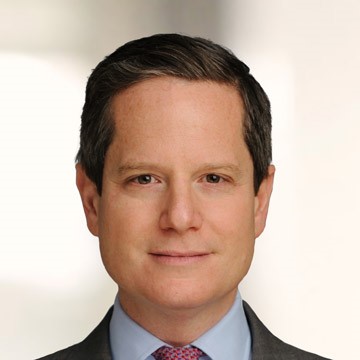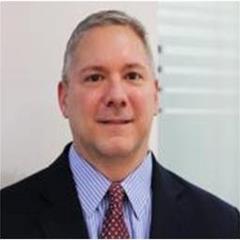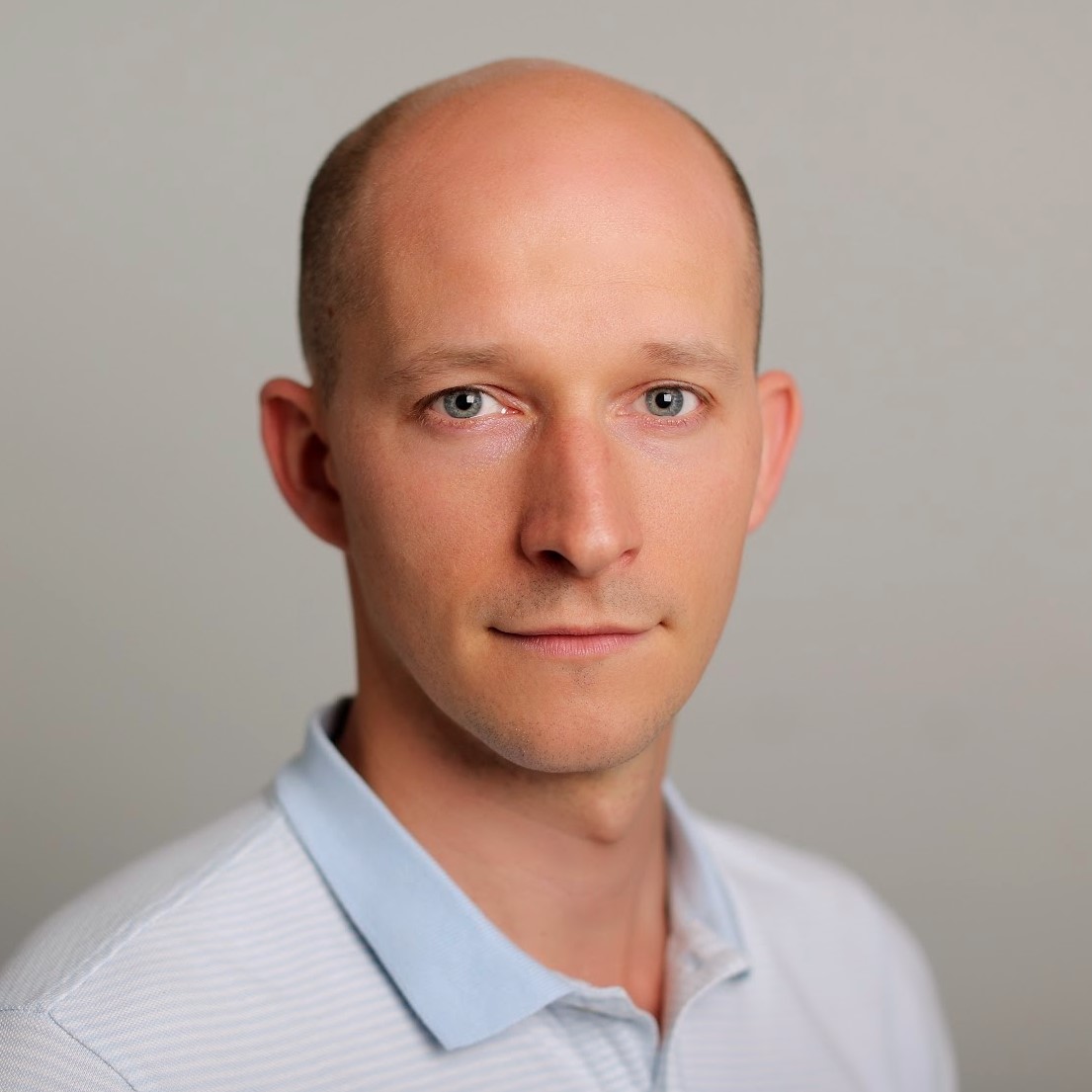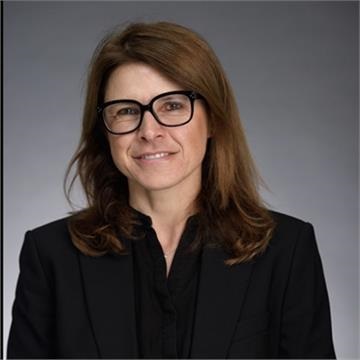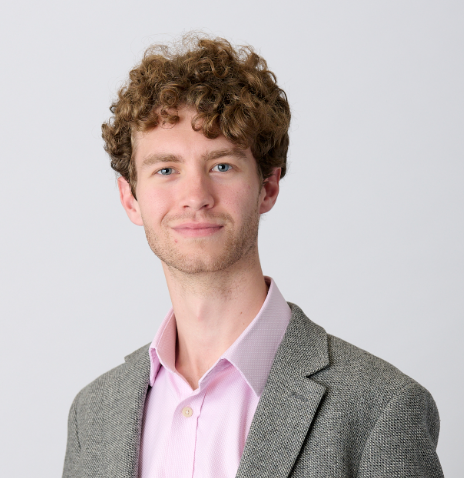This content was correct at the time of publication and is no longer being updated.
Listen to the full interview and analysis below, or to subscribe to the podcast on your mobile device, follow this link or search 'Fidelity Answers'.
The Interview
The Analysis
If you think 'I'm going to make money and that's all I'm going to do', sooner or later you run into a trap.
Brian Moynihan, the first guest on Fidelity’s new podcast series, Trade Offs, is no stranger to making difficult decisions. As chief executive of one of the world’s largest financial institutions, Moynihan finds himself facing a raft of complex choices as he guides Bank of America towards a more sustainable future.
Profits or purpose? Bank of America wants both
Do we make trade-offs? The answer is: I call it balance. We have a way we run our company called ‘responsible growth’.
Moynihan’s approach to environmental, social and governance (ESG) concerns is different from most. Where many see the need to make trade offs between competing demands, he frames it as a prioritisation. Posed with the hypothetical question of how he would close down a thermal coal plant, his focus is on a gradual transition that satisfies all stakeholders but allows the legacy power generation activities to continue in the short term: “The question is, you want to reduce emissions. You've got to change that over time,” he says. Taking the time to manage that process is essential: “That's what a ‘just transition’ means [but] it has to be a transition.”
On how to fuel a just transition
Banks have a key role to play in this transition, according to Moynihan. He believes “the private sector will lead it … none of this happens without capitalism and we're aligning capitalism to what society needs because capitalism has the money.”
On public versus private funding of the energy shift
He argues it’s not enough for responsible holders of capital to simply divest from a coal plant, or any other company with poor ESG credentials. “To divest doesn't do any good. If somebody owns shares in the company, and sells them, that's good for them. But the reality is the coal plants still operate… if you just divest, [capital] will go into private places which may not be as interested in this question [of sustainability] as we are.”
Lee Sotos, a financials analyst at Fidelity, explains that those “private places” (i.e. alternative sources of capital such as private equity) typically hold a more “transaction-based” relationship with companies they work with, which means they focus less on non-financial factors like sustainability. Banks tend to hold a closer “relationship-based” approach which allows them to engage on a wider range of topics - and, given they’re more highly regulated than private sources of capital, there is increasing pressure on them to use this influence positively.
The hidden costs
Fidelity’s own approach is similar to Moynihan’s - we believe it is better to engage with lagging companies and help guide them towards a more sustainable future, instead of divesting and opening the door to less responsible investors. Rosanna Burcheri, a Fidelity portfolio manager, agrees with Moynihan: “It's better to keep on lending, like he says, the capital to this coal mine and then steer them towards using the asset in a different way, like carbon capture. For me as an investor, when I'm looking at the company, I prefer not to just look at exclusion list and be blind. I prefer to have a roadmap of how we can make better use of the asset and earn a return on the capital that is invested.”
Quickfire
Fidelity: What's your personal trade off?
Moynihan: A bit of a learning for me was how physically demanding this job is, so you have to stay in shape. I was never in horrible shape, but I got in better shape as a CEO than I was in for the ten years prior. I do it early in the morning because I don't want to take the time out of time with my family.
Fidelity: What’s the biggest challenge facing governments in the next five years? And what would be one solution you would suggest?
Moynihan: There are a lot of challenges around the war in Ukraine, or China, and so on. But I think the biggest challenge is getting the fiscal discipline back in shape. The good news is that the economy has been growing. With fiscal stimulus, inflation at least means activity has kept going. But so much money went to the pandemic to make up for the decline in GDP and economic activity that now we've got to pay for it. And that's going to lead to tough decisions.
Fidelity: If we sat down together in five years’ time, what would we be talking about then?
Moynihan: Well, we will still talk about responsible growth - how we run our company to deliver profits and purpose, to deliver sustainable profits. And that means we've got to grow, and it's got to be sustainable. In five years will we be saying: will the businesses make different stuff? Will the digital implementation be far different? Yeah, all that will happen, but it'll be based on that set of principles.
This interview took place in December 2022.




































